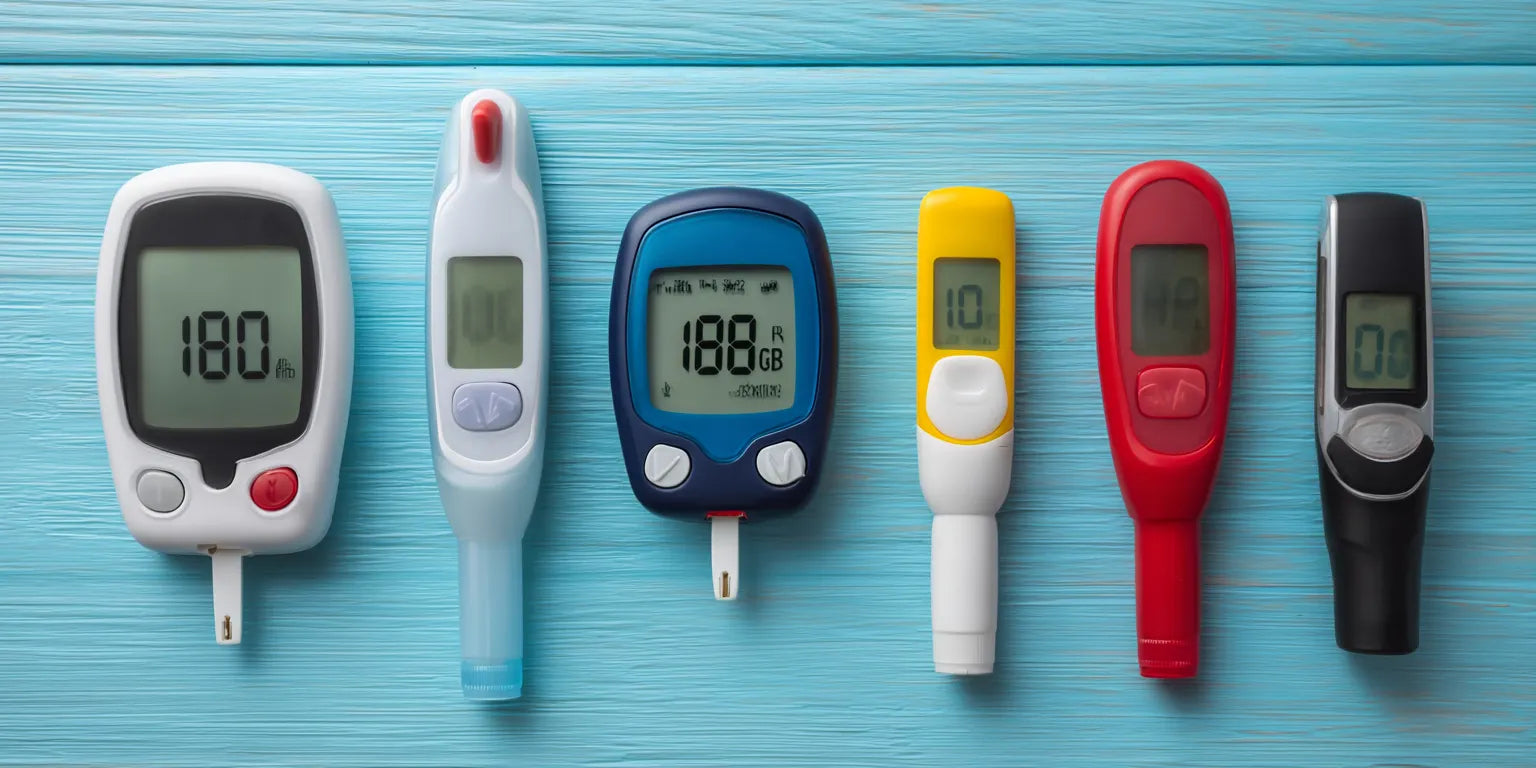6 Ways to Lower Your Blood Sugar (Without Taking Supplements)

Maintaining healthy blood sugar levels is essential for overall well-being. Elevated blood sugar, also known as hyperglycemia, can increase the risk of developing type 2 diabetes, heart disease, kidney issues, and other chronic health problems.
While medications and supplements can help manage blood glucose, there are several natural strategies that can be highly effective in regulating blood sugar without relying on pills.
These lifestyle-based approaches can improve insulin sensitivity, promote stable energy levels, and reduce the risk of long-term complications. Here are six effective ways to lower your blood sugar naturally.
1. Eat a Balanced, Low-Glycemic Diet

Diet plays a critical role in blood sugar management. Foods with a low glycemic index (GI) release glucose into the bloodstream slowly, preventing spikes and crashes in blood sugar levels. A low-GI diet can also improve insulin sensitivity over time.
Foods to include:
-
Whole grains: oats, quinoa, barley, and brown rice
-
Non-starchy vegetables: broccoli, spinach, kale, peppers, and zucchini
-
Lean proteins: chicken, turkey, fish, eggs, and legumes
-
Healthy fats: nuts, seeds, avocado, and olive oil
Foods to avoid or limit:
-
Sugary drinks like sodas, energy drinks, and sweetened teas
-
Refined grains such as white bread, pastries, and white rice
-
Highly processed snacks and desserts
Tips for success:
-
Combine carbohydrates with protein and healthy fats to slow digestion and absorption
-
Fill at least half of your plate with vegetables at each meal
-
Track your blood sugar response to different foods to see what works best for you
By focusing on nutrient-dense foods and balancing macronutrients, you can maintain steady glucose levels throughout the day.
2. Exercise Regularly
Physical activity is one of the most effective ways to lower blood sugar naturally. Exercise helps muscles absorb glucose more efficiently and improves insulin sensitivity, allowing your body to manage blood sugar more effectively.
Types of beneficial exercise:
-
Aerobic activity: brisk walking, jogging, cycling, swimming

-
Strength training: weightlifting, resistance bands, or bodyweight exercises
-
Flexibility and balance exercises: yoga, Pilates, or tai chi
Tips for incorporating exercise:
-
Aim for at least 150 minutes of moderate-intensity exercise each week
-
Include strength training 2–3 times per week to build muscle, which helps regulate glucose
-
Take short walking breaks throughout the day, especially after meals, to lower post-meal blood sugar spikes
Even moderate activity like a daily walk can significantly improve blood sugar control over time.
3. Stay Hydrated
Drinking enough water is crucial for maintaining healthy blood sugar levels. Adequate hydration helps the kidneys flush out excess glucose through urine, preventing it from accumulating in the bloodstream.
Hydration tips:
-
Aim for at least eight glasses of water per day
-
Drink water before, during, and after exercise
-
Replace sugary beverages with water or unsweetened herbal teas
Proper hydration also supports metabolism, energy levels, and overall organ function, all of which contribute to blood sugar regulation.
4. Manage Stress Levels
Chronic stress can elevate blood sugar levels because it triggers the release of stress hormones like cortisol and adrenaline. These hormones signal the liver to release more glucose into the bloodstream, which can lead to spikes.
Effective stress-management strategies:
-
Practice deep breathing exercises, meditation, or mindfulness
-
Engage in regular physical activity
-
Take breaks during work and spend time outdoors
-
Maintain hobbies and social connections that promote relaxation
By managing stress, you not only protect your blood sugar levels but also support heart health, mood stability, and overall quality of life.
5. Prioritize Sleep
Sleep quality and duration have a direct impact on blood sugar regulation. Poor or insufficient sleep can reduce insulin sensitivity and increase cravings for high-sugar foods, leading to higher blood glucose levels.
Tips for better sleep:
-
Aim for 7–9 hours of sleep each night
-
Maintain a consistent sleep schedule, even on weekends
-
Limit screen time and exposure to bright lights before bedtime
-
Create a relaxing bedtime routine in a dark, quiet, and cool environment
Good sleep helps balance hormones, improve glucose metabolism, and reduce the risk of developing insulin resistance.
6. Eat Smaller, More Frequent Meals
Large meals, particularly those high in carbohydrates, can cause blood sugar spikes. Eating smaller, balanced meals more frequently helps keep blood sugar levels steady.
Tips for meal timing:
-
Include protein or healthy fats with every meal to slow glucose absorption
-
Pair carbohydrates with fiber-rich vegetables or legumes
-
Avoid skipping meals, which can lead to overeating and unstable glucose levels
This approach not only stabilizes blood sugar but also helps manage appetite and reduces cravings for sugary snacks.
Conclusion
Maintaining healthy blood sugar levels doesn't have to rely on supplements or medications alone. By implementing lifestyle strategies such as eating a balanced diet, exercising regularly, staying hydrated, managing stress, prioritizing sleep, and eating smaller, frequent meals, you can naturally lower blood sugar and improve overall health.
Consistency is key. These habits work best when practiced regularly and combined with routine monitoring of blood sugar, particularly for individuals with diabetes or prediabetes. Over time, these natural strategies can help reduce the risk of chronic disease, improve energy levels, enhance mood, and support long-term wellness.
Taking control of your blood sugar through lifestyle choices is empowering—and it's a step toward a healthier, more balanced life.

















